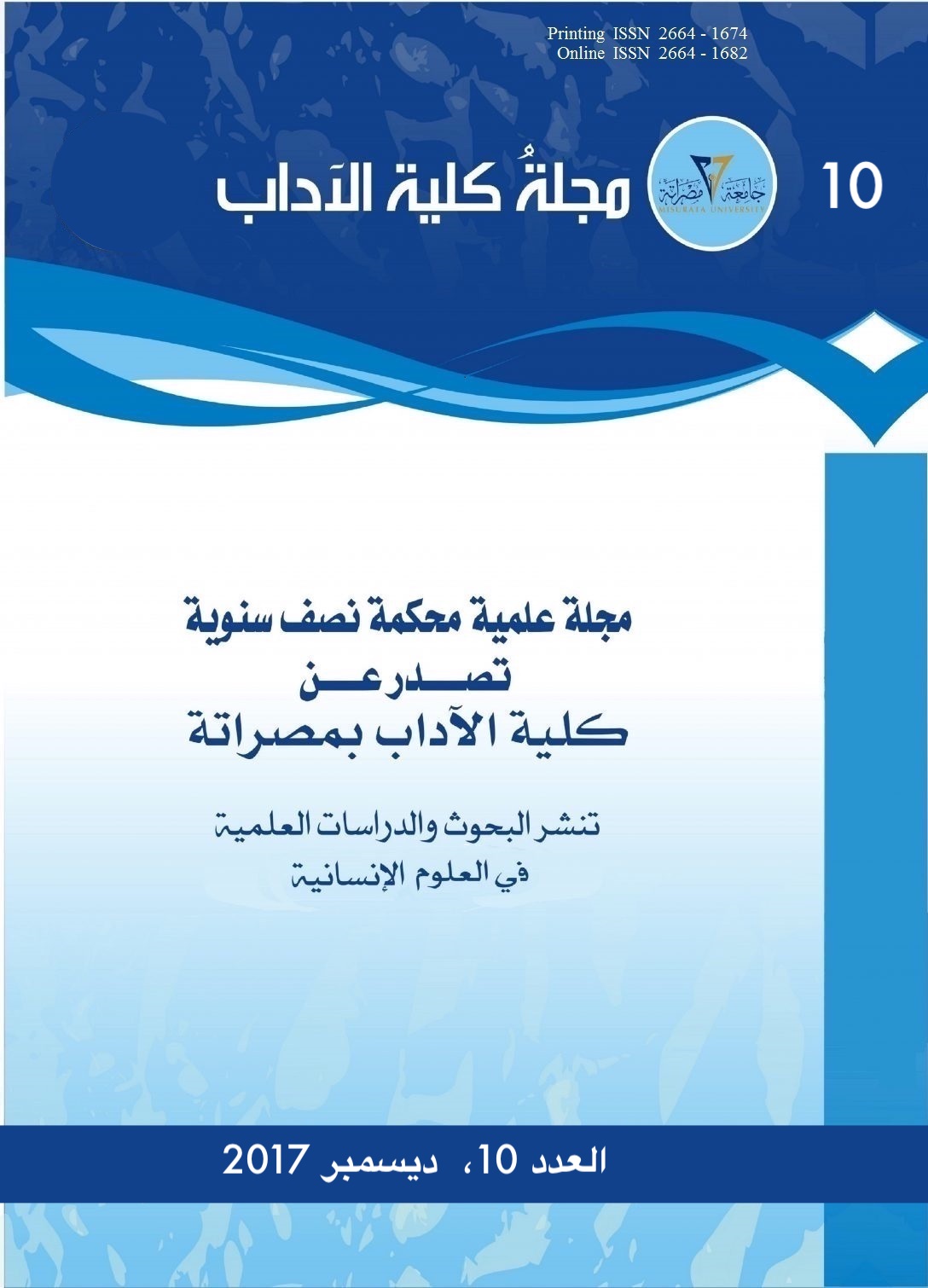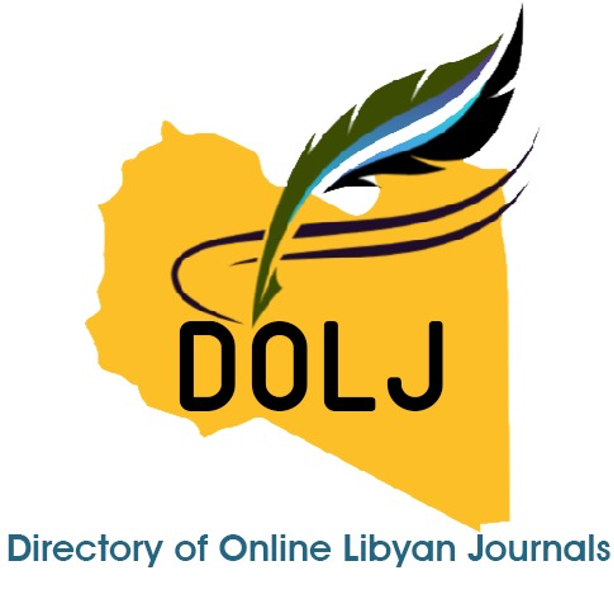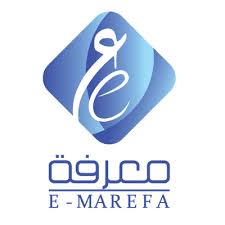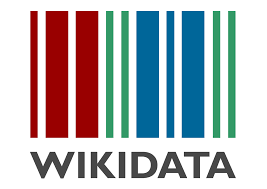الإعلام السياسي : الدور، التوجه، الأثر ( دراسة الحالة الليبية بعد فبراير 2011)
DOI:
https://doi.org/10.36602/faj.2017.n10.11الكلمات المفتاحية:
الإعلام السياسي، التحول الإعلامي، الرأي العام، الخطاب السياسيالملخص
يتناول هذا البحث دراسة الإعلام السياسي الليبي من حيث أدواره وتوجهاته وتأثيره في المشهد السياسي والاجتماعي، مع التركيز على مرحلة ما بعد ثورة فبراير 2011 باعتبارها نقطة تحول فارقة في بنية الإعلام الليبي، حيث انتقل من إعلام مؤدلج ومركزي في عهد القذافي إلى إعلام مفتوح ومتعدد المشارب. يهدف البحث إلى تحليل كيفية اشتغال الإعلام السياسي الليبي في هذه المرحلة الجديدة، ومدى تأثيره على تشكيل الرأي العام والتفاعل مع الظواهر السياسية، وذلك من خلال تحليل مقارنة بين مرحلتَي ما قبل وما بعد الثورة، واستعراض سمات وخصائص الإعلام السياسي، إضافة إلى محاولة استشراف مستقبله في ليبيا. تسعى هذه الدراسة إلى سد فجوة معرفية في الأدبيات الليبية المتعلقة بالإعلام السياسي، من خلال تقديم رؤية تحليلية تعتمد على تأصيل مفاهيمي ومعالجة نقدية للتحولات التي شهدها الخطاب الإعلامي والسياسي في البلاد.
التنزيلات
منشور
كيفية الاقتباس
إصدار
القسم
الرخصة
الحقوق الفكرية (c) 2017 محمد جبريل بن طاهر، محمد جبريل بن طاهر

هذا العمل مرخص بموجب Creative Commons Attribution 4.0 International License.
جميع الأعمال المنشورة في هذه المجلة مرخّصة بموجب رخصة المشاع الإبداعي – النَسب 4.0 الدولية (CC BY 4.0)، والتي تتيح استخدام المحتوى، ومشاركته، وتعديله، وإعادة توزيعه لأي غرض، بما في ذلك الأغراض التجارية، شريطة الإشارة المناسبة إلى المؤلف الأصلي والمصدر، وتوفير رابط للترخيص، وبيان ما إذا كانت قد طرأت تعديلات على العمل
















